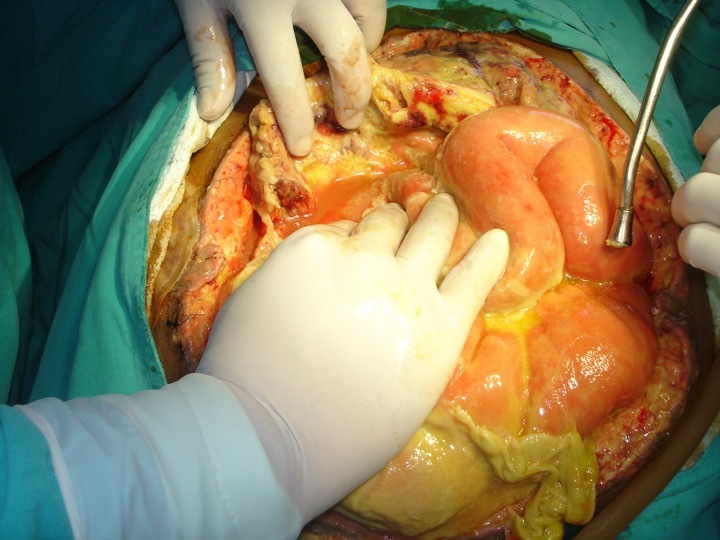Pic Of The Moment: Count on the following. When
Post# of 128879
Count on the following. When it comes to thinking things through and making decisions informed by science, facts and evidence, ass-hats like this guy are the best that Trumpanzees can do.

https://www.democraticunderground.com/100218850703
63. Let me give you an example that a moronic pea brain like you might understand. Try taking a 5-hour bus ride when...
..... your doctor tells you or a loved one you/they have an appendix that is about to rupture. Or an ectopic pregnancy, likely to rupture, and we need to get you to the operating room NOW and get it out before it ruptures. Either of these can be extremely painful, often requiring morphine-level drugs to relieve the pain.
A fallopian tube and your appendix are similar structures, such as a round, open tube "sealed" at both ends. Once something goes wrong in the tube, there is nowhere for it to go but to enlarge the tube until it ruptures (bursts) open. Think of a balloon filled with urine and fecal material. Imagine the cleanup.
I will try to keep the next part simple—first, a fallopian tube (ectopic pregnancy)or appendix (infectious fecal material) enlarging is PAINFUL, often requiring morphine-level drugs to relieve the pain.
If the appendix ruptures (bursts), this will likely happen. It will lead to abdominal (belly) sepsis (peritonitis infection), requiring surgically (cutting) open your abdomen (tummy) and washing away the fecal material (shit). Which often might require removing all of the stuff (organs and bowels) in your belly (tummy) and laying them on the surgical drapings until they can be cleaned and returned to the washed-out belly.
What is inside the fallopian is the fertilized egg/pregnancy heading to the uterus; the fallopian tube will PAINFULLY stretch until it is surgically removed or burst (ruptures). If it bursts, all that material will end up in your abdomen belly (tummy). Untreated It will lead to an abdominal (tummy) infection requiring surgically opening your abdomen (tummy) and washing it away. Which often might require removing all of the stuff (organs and bowels) in your belly and laying on the surgical drapings until they can be cleaned (washed and suctioned) and returned to the washed-out belly.
Severe septic peritonitis requiring abdominal washout.

Research has shown that abdominal sepsis exhibits the highest mortality rate at 72%. The long-term prognosis is equally poor; only approximately 30% survived the first year after hospital admission. Conclusion: The prognosis of sepsis and septic shock remains poor despite the advances in ICU treatment.
 (0)
(0) (0)
(0)